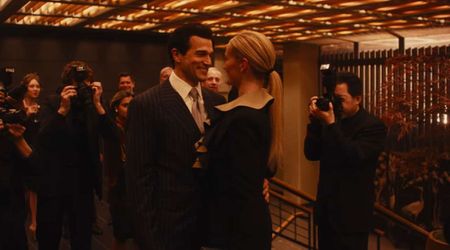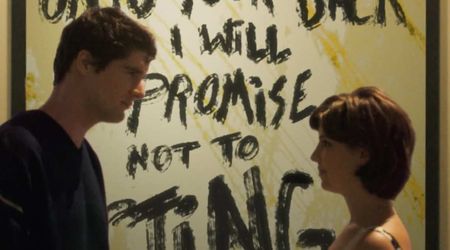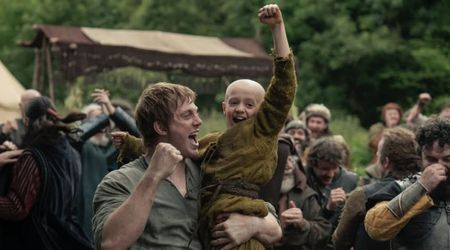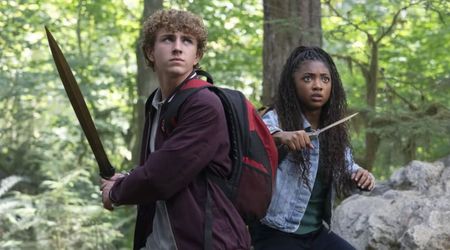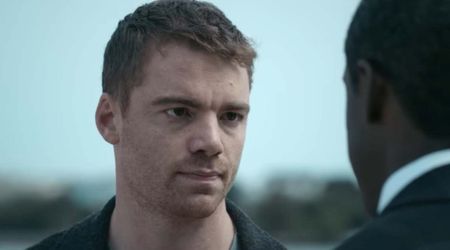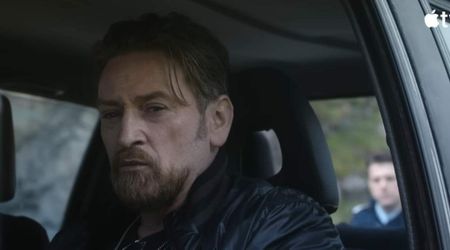15-year-old Curtis Brooks didn't kill anyone but racial disparity ensured he was sentenced to life, reveals 'Kids Behind Bars'

Twenty-five-year-old Christopher Ramos was heading in his car to meet his friends on April 10, 1995, when he stopped to get some cash out of an ATM and was confronted and shot dead — by four teenagers, including a 13-year-old boy. The boys, three of whom were 15-year-olds, ran after the incident but police easily followed their tracks in the snow and arrested them. All four of them were sentenced for the crime but there was a huge disparity in the way their cases were treated.
While 13-year-old Michael Park was given five years in a juvenile prison, the other three — Sean Steele, Roosevelt Harris, and Curtis Brooks were sentenced to life in prison as children. Park, Steele, and Harris had previous criminal records but Brooks had none — this fact was not mentioned to the judge when Brooks, who is African-American, was being sentenced to life imprisonment at 15.
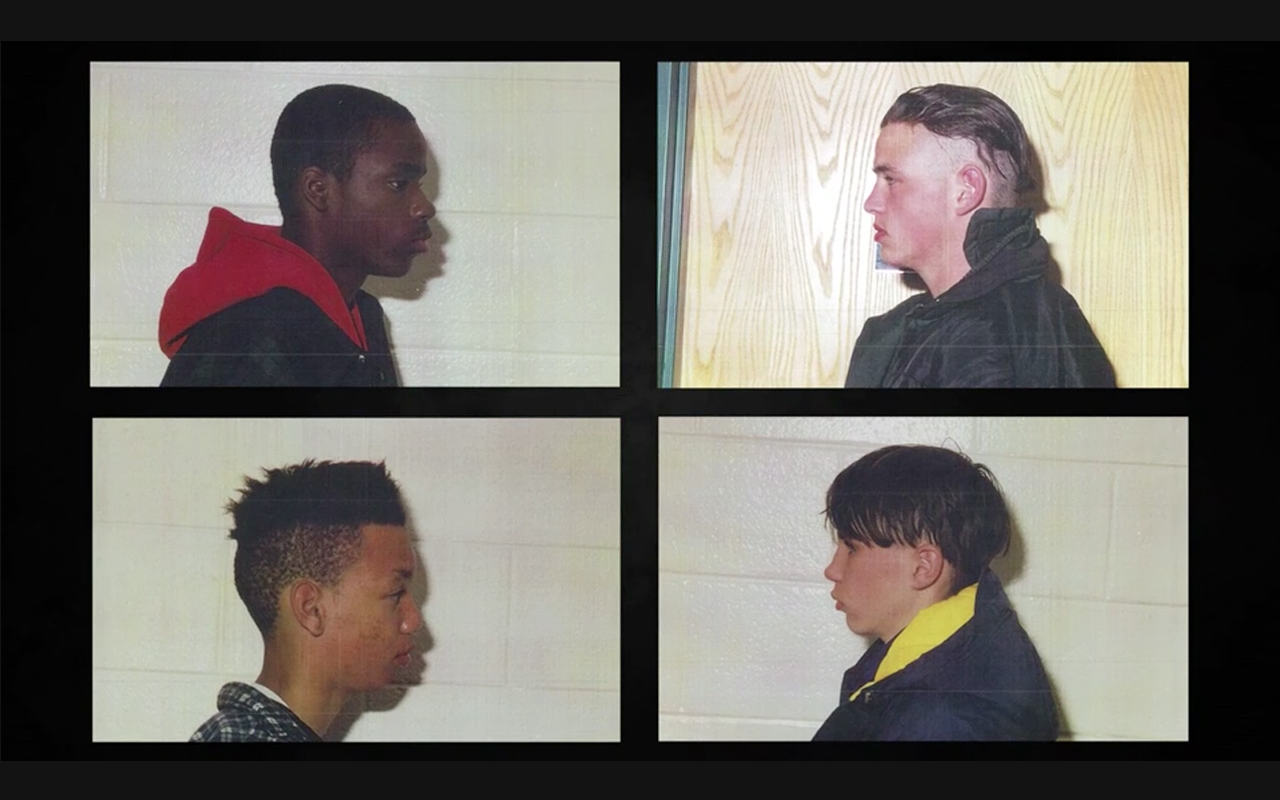
"I was absolutely scared of going to prison with grown men who were three times my size. I definitely thought I was going to die in prison," Brooks, now 38, said from a Colorado prison, after 24 years of serving his sentence. His story, as revealed in A&E documentary 'Kids Behind Bars: Life or Parole', showed him saying, "I did not have the intent of anyone getting hurt or shot but by the law, it doesn't matter."
Under the Colorado legislation at the time, Brooks was sentenced for "felony murder", meaning even though he did not shoot Ramos, he was an accomplice, which meant mandatory life sentence without parole.
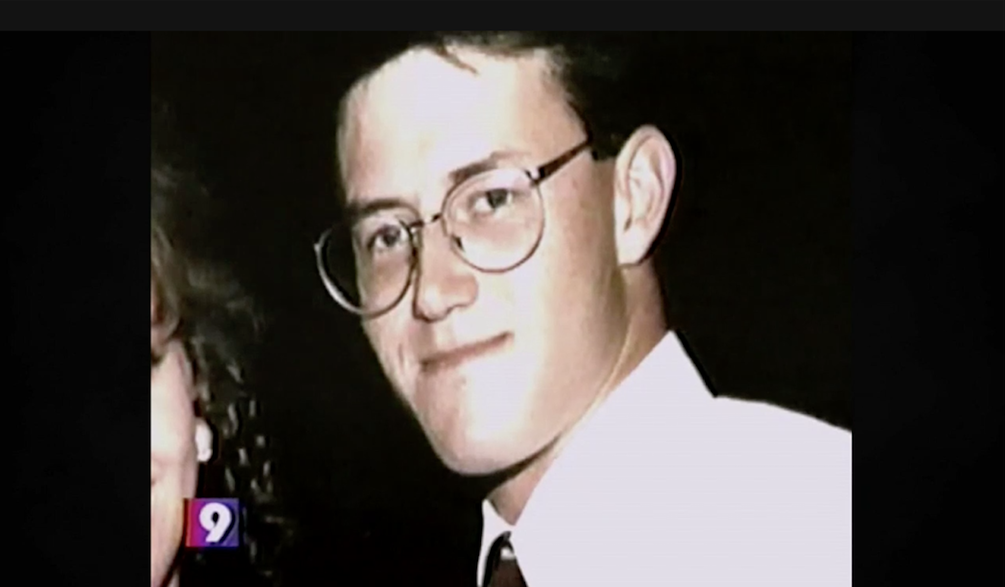
Curtis Brooks, at the age of 15, was homeless. He came from a difficult family, with an absent father who was busy with his other family, and a drug-addict mother who was barely there for the child. He had moved from Maryland to Colorado to reunite with his mother but found himself without a home when his mother, after she physically assaulted him, asked him to get out of her house. Brooks ended up on the streets, looking for offers from people to sleep on their couches and garage floors.
Brooks, on April 10, 1995, watched other kids play Mortal Kombat in the Aurora Mall arcade as he sought refuge from a blizzard. The only possessions he was carrying at the time in his backpack were a few t-shirts, a pair of sandals, a video game magazine, and face cleanser. He met Roosevelt "Deon" Harris at the arcade. Harris had allowed him to sleep on his couch a few days ago. Harris and two other boys asked Brooks to help them steal a car and that's when they noted Ramos, who was walking to his car from an ATM across the street.
Brooks, as instructed, fired a shot in the air as a distraction, however, Harris, without a warning, shot Ramos in the head, killing him. During Brooks' trial, although prosecutors acknowledged that he did not pull the trigger, saw him getting convicted of first-degree murder regardless.
Brooks' lawyer, Hollynd Hoskins, sought a plea deal for him but the application was rejected repeatedly. Sean Steele, another 15-year-old convicted for the same offense, was offered a plea deal and was out of prison soon. Brooks' lawyer noted that Steele was white, as was 13-year-old Park who is also free. Only two remain incarcerated out of the four teenagers — Brooks and Harris who are both black.
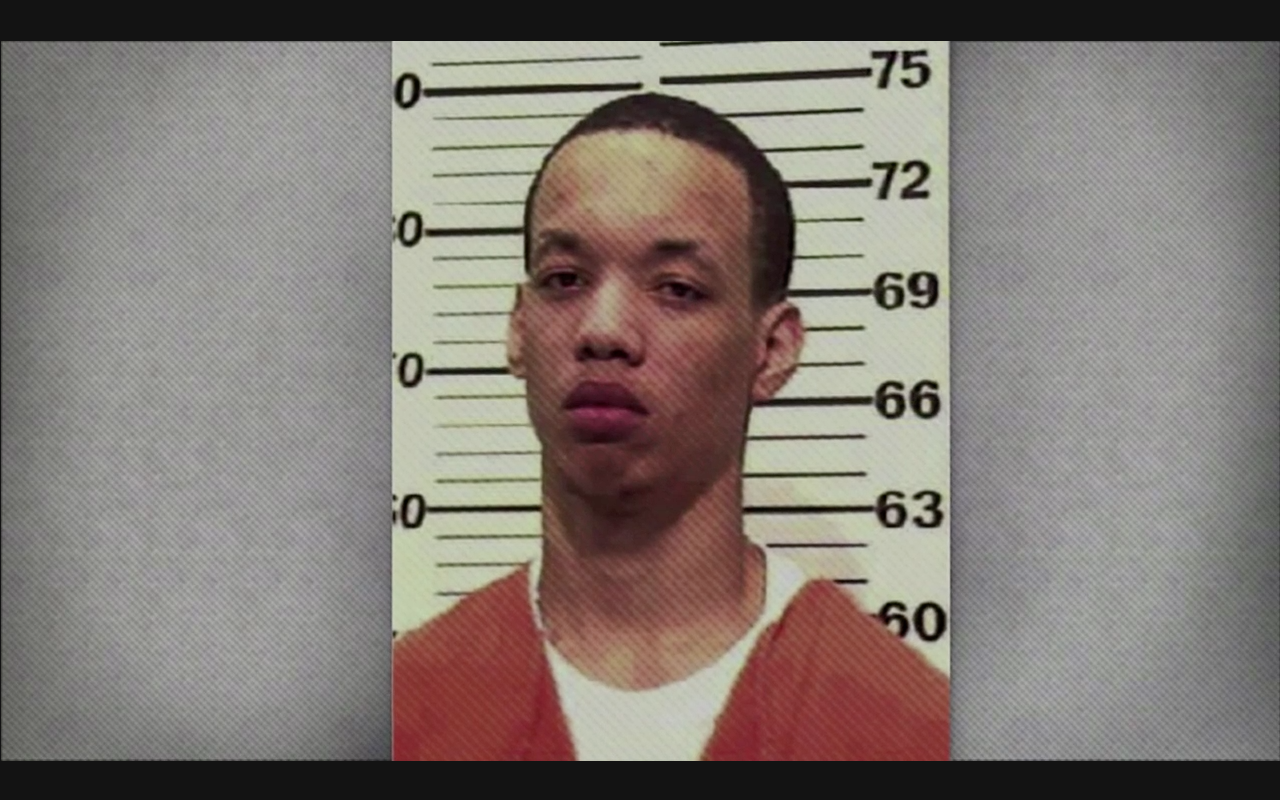
Hoskins alleged that Brooks' case was a "cold-hearted reality of racial disparity that cannot be ignored." Nearly 20 years after Brooks' sentencing, a juror on his trial panel, Bruce Grode, said that everything changed for him after the judge's verdict on this case.
"We were not told the other three teens had lengthy criminal records. The prosecutors made sure to keep this out of the trial. Curtis never had a criminal record. After getting to know this, we would not have found him guilty of capital murder," Grode said in the documentary.
A Supreme court ruling in 2012, however, would change Brooks' life. The SC ruled that mandatory life sentences given to juveniles without a chance of parole were constitutional. Under the new legislation, inmates previously condemned to life imprisonment as juveniles are subject to resentencing.
Brooks' case was taken to court again last year, in 2018, where the sitting judge announced that he would consider a 30-year-sentencing option for him, meaning the 38-year-old could be instantly free. The judge considered the lenient option after taking a letter from the original judge — who sentenced Brooks at the age of 15 — into consideration. However, his resentencing came to a sudden halt after prosecutors filed the "Rule 21" petition with the state Supreme Court, meaning the SC would first rule on the legality of the 30-year-sentence. This meant Brooks' hearing would be postponed indefinitely.
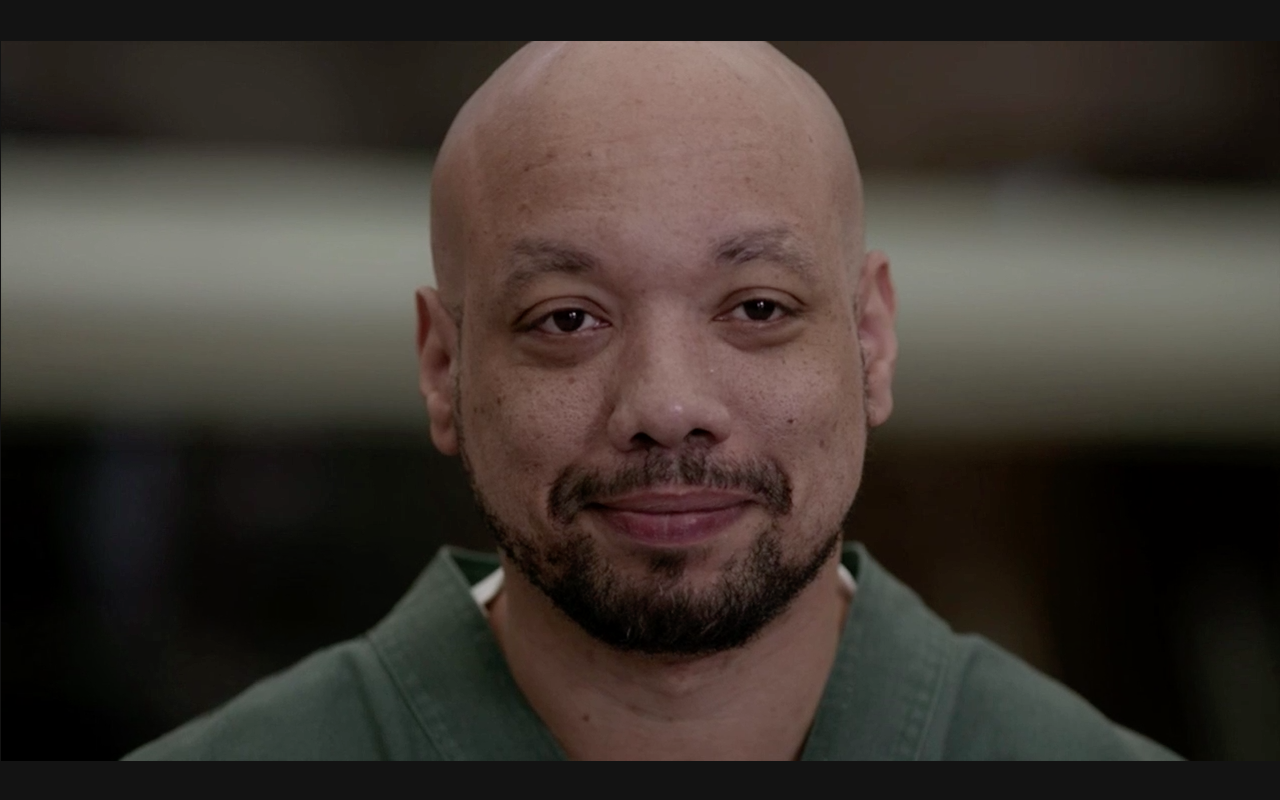
With no option of Brooks' freedom in hand, his lawyer, in a last-ditch attempt filed for clemency with Governor John Hickenlooper. After six months of waiting, Hickenlooper, on December 18, 2018, granted clemency to Brooks. His parole begins on July 1 this year.
After 24 years of his battle to be free, Brooks — who attended college from prison and taught himself to speak four languages — wrote a letter to Ramos' family.
"I wrote a letter to his family to take responsibility for what had occurred. I wanted to assure them that I do not disregard their son," Ramos said in the documentary as he prepares to step out of prison as an adult after more than two decades.
Over 2,000 inmates in the US are serving life sentences for crimes they committed as children.


